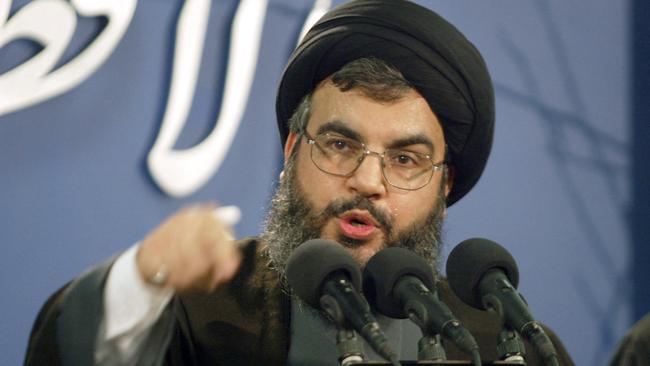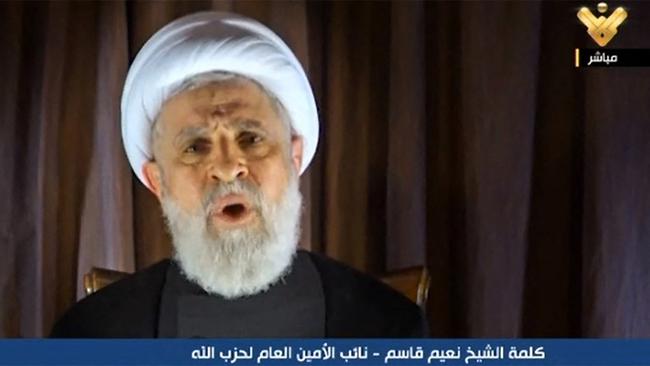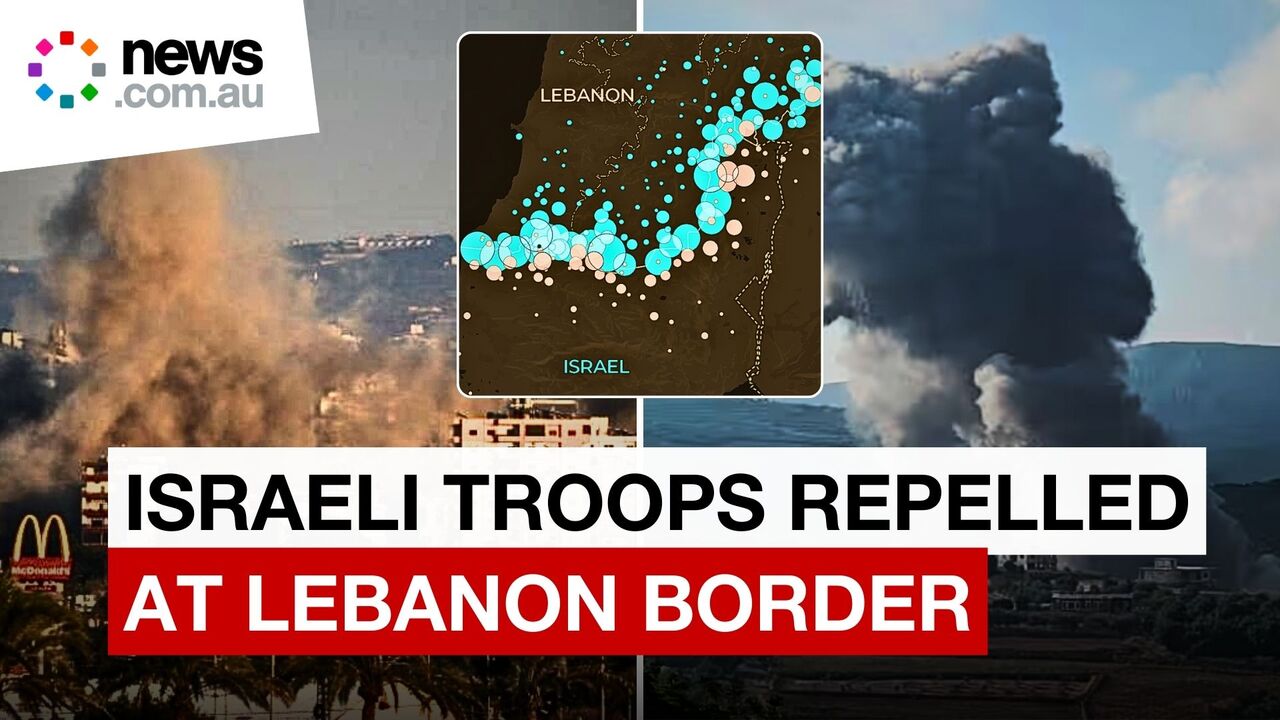
In the face of Israel’s targeted fire and fury, the terrorist group appears to have dropped its previous iron-clad demand that it will never agree to a ceasefire with Israel until hostilities in Gaza also end.
This linkage was a key obstacle to an eventual ceasefire deal between Israel and Hezbollah, and it was one that former leader Hassan Nasrallah had insisted upon until his assassination by Israel last month.
One of Hezbollah’s last surviving leaders, deputy leader Naim Qassem, now says he supports political attempts by the speaker of the Lebanese parliament to negotiate an end to the fighting.
In his comments, Qassem did not add the critical clause that any ceasefire in Lebanon depended on a peace deal in Gaza. In the same breath, Qassem also claimed, falsely, that Hezbollah’s military capabilities were “fine” and that his forces were “hurting” Israel with retaliatory strikes.

With the ongoing life expectancy of Hezbollah commanders now being measured in days rather than years because of Israel’s targeted attacks, it is difficult to know how much Qassem’s comments reflect the true thinking of the besieged terror group.
Indeed, it is not clear if there is any true thinking among what remains of Hezbollah’s leadership right now.
Israeli Prime Minister Benjamin Netanyahu said this week that Israeli strikes had also killed Nasrallah’s presumed heir as leader, his cousin Hashem Safieddine.
Communication between Hezbollah’s surviving leaders is reportedly haphazard at best, given the constant fear of assassination as a result of the deep penetration of the group by Israel’s intelligence service, Mossad.
Mossad’s infiltration led to the disabling of thousands of Hezbollah fighters through the remote control explosions of Hezbollah pagers and walkie talkies last month. This was followed by the critical intelligence tips that led to the assassinations of Nasrallah, Safieddine and other leading Hezbollah commanders as they were meeting in underground bunkers in Beirut.
It is not even clear whether the remains of Hezbollah’s leadership are able to communicate safely with the group’s masters in Iran, a country that is also bracing for an Israeli strike.
What is becoming clearer by the day is that Israel’s astonishing blitz on Hezbollah in recent weeks has turned Hezbollah, in the words of Israeli Defence Minister Yoav Gallant, into a “battered and broken organisation, without significant command and fire capabilities”.

This is shown by the fact that Hezbollah’s attempts at retaliating against Israel have been little short of embarrassing for a terror group that was touted as having the largest and most dangerous arsenal of any non-state actor in the world.
Hezbollah still has the ability to fire significant numbers of small rockets into Israel and some of these are deadly, with two people killed and six wounded by Hezbollah missiles on Wednesday.
But Hezbollah seems incapable of launching any kind of attack that comes close to replicating the devastating attacks Israel is inflicting on the militia’s targets across Lebanon, including in its capital, Beirut.
As Israel continues to ramp up its air attacks, and its ground offensive in southern Lebanon, Hezbollah is under enormous pressure to find a solution.
The terrorist group is already unpopular among many Lebanese, who blame it for the crisis.
If Hezbollah continues to resist Israel’s attacks, it will find itself further degraded and potentially all but rendered impotent as a viable military force.
Yet although Israel clearly has the upper hand after a brilliant start to its campaign against Hezbollah, this growing conflict still involves grave risks for the nation.
If it continues to pursue Hezbollah, it will need to do so without causing anything like the excessive civilian casualties in Gaza.
It must also decide how long its troops should remain in southern Lebanon.
A long-term occupation of the south by Israeli troops could play into Hezbollah’s hands by providing a ready-made target for guerrilla-style attacks. Israel’s stated aim of this conflict is to provide for the safe return of Israeli citizens to their homes in northern Israel, and it will need to avoid mission-creep beyond this aim or risk long-term war.
But Israel’s stunning attacks have greatly weakened Hezbollah – and for the first time, the cracks in this once-vaunted terrorist group are starting to show.




Hezbollah is showing the first signs of buckling after Israel’s stunning success in blowing up most of its senior leadership and wiping out a large portion of its missile stockpiles across Lebanon.